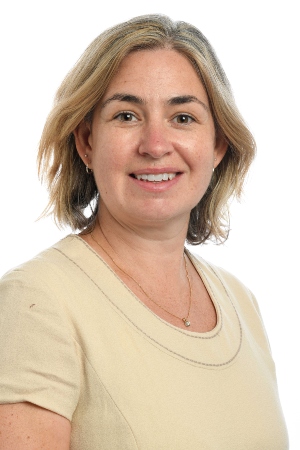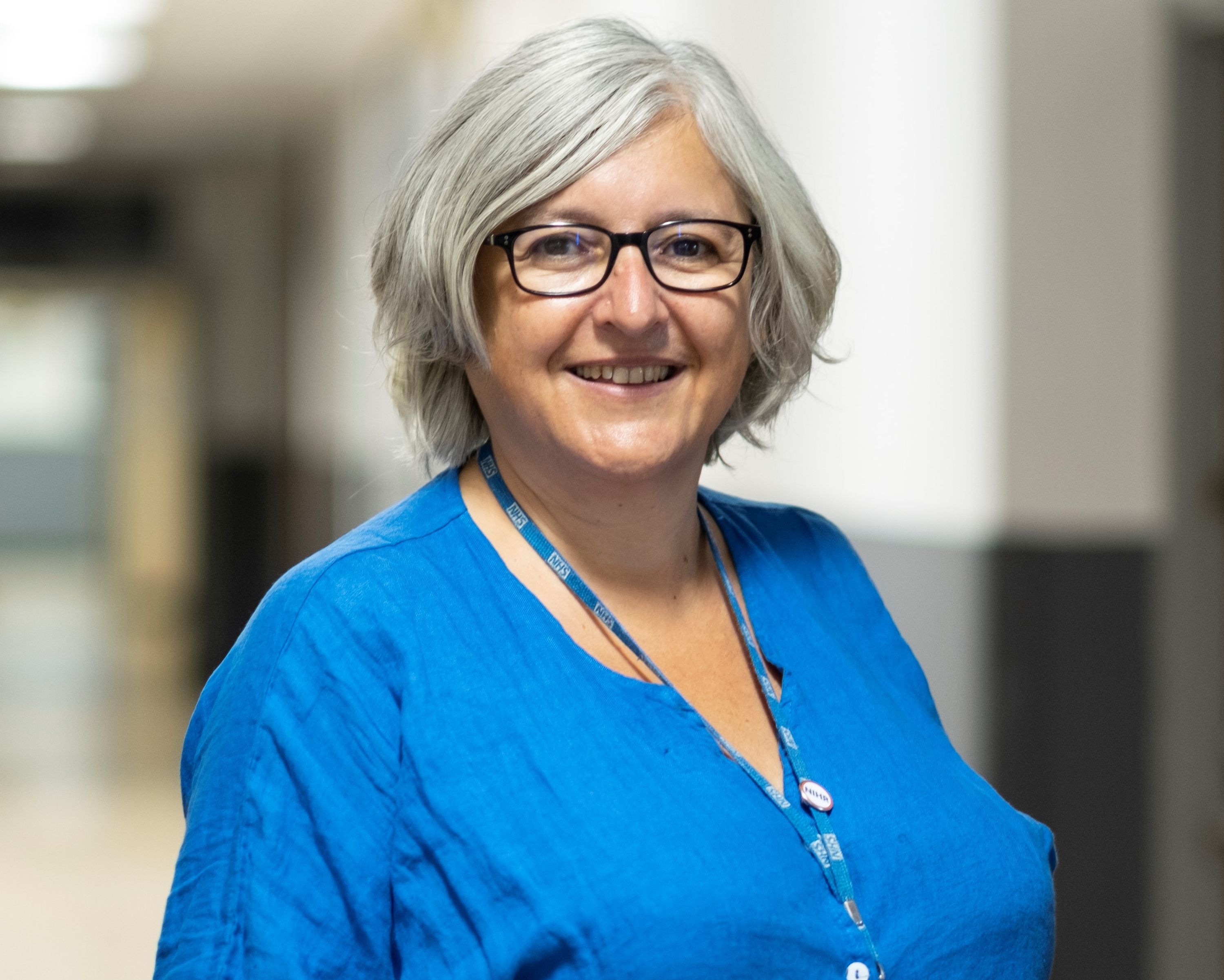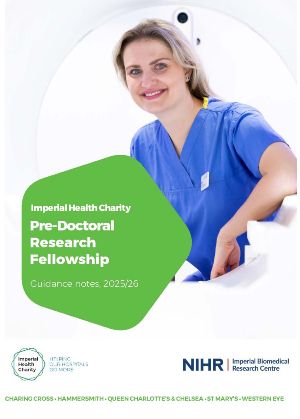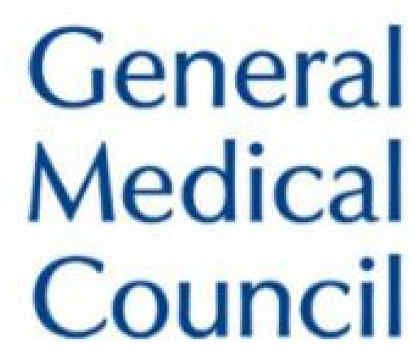RESEARCH: THE IMMUNOLOGY OF PRETERM BIRTH
 How did you get into research?
How did you get into research?
As a new trainee in Obstetrics and Gynaecology in 2006, I realised how astounding it was that we know so little about the triggers of labour - both term and preterm. How and why does pregnancy go right so often? More importantly, why does it not go to plan for some women? I had just finished a 6-month SHO post on the neonatal unit at Queen Charlotte’s Hospital, and the impact of looking after premature babies and their families, when there is so little we understand about the aetiologies of preterm birth was truly immense. I was fortunate enough to have inspiring clinical academics around me and hopped from one steppingstone to the next, and before I know it - it is 2023 and I am a Clinical Senior Lecturer. I took every single opportunity I saw to keep progressing in the journey to produce more answers than questions! (Still on that journey BTW).
What do you enjoy about research?
I am driven in my research interest by the women I look after in the hospital. I firmly believe that the research I do, along with a phenomenal team I work with, that we will make a difference in both preterm birth prediction and prevention. I love the balanced working week of both academic and clinical days that complement each other. Travel, conferences, invited talks, being notified that a paper has been accepted for publication, supervising BSc/MSC/PhD students... the list of what I enjoy about research goes on and on...
What was the most difficult aspect of doing your PhD / MD?
The ton of negative data that I produced.... But at least it is published so no one needs to repeat those painful drawn-out experiments that I did!
What was the most challenging aspect of continuing your research after completing your PhD / MD?
By far the most challenging aspect of a clinical academic’s life post PhD is securing funding - not only for yourself, but also for your team. Lots of hard work writing many grant applications, accepting rejections - but worth it for those special moments of funding success. I am hugely grateful to the March of Dimes, Imperial Health Charity, The Parasol Foundation, Rosetrees Trust, and Genesis Research Trust.
What difference has your research training and experience made to your career?
I have great flexibility with a varied week. It allows you to do more of what you really enjoy doing whilst dropping what you least like doing. It has provided more opportunities to travel, change practice, and you can provide specialist advice on your niche area to colleagues and doctors from other hospitals. It allows you to spend more time with the patients you are trying to make a real difference for.
How has research changed your clinical practice?
It certainly makes you think more about what textbooks and national guidelines recommend you do and makes you query why. It allows you to think about the patient in front of you and apply up to date knowledge with a more personalised approach.
What has made a difference to progressing your research career?
The people I work and collaborate with have been essential. My work family are just as important as my home family. On a personal note - my husband and nanny have been invaluable.
Where do you see your clinical academic career going over the next 5 years?
It always depends on funding, right?!
If the stars align - next stop Reader. If the galaxies align - next stop Professor!
Dr Lynne Sykes, Senior Clinical Lecturer, Obstetrics, Imperial College London
Download Lynne's research careers case study: Dr Lynne Sykes - Career Profile PDF
Useful links
Contact us
The CATO Team and Radiographers Incubator work on a Hybrid model, combining days in the office with days working from home – the best way to reach us is by email.
cato@imperial.ac.uk
radresearch@imperial.ac.uk
+44 (0)20 3313 7397



